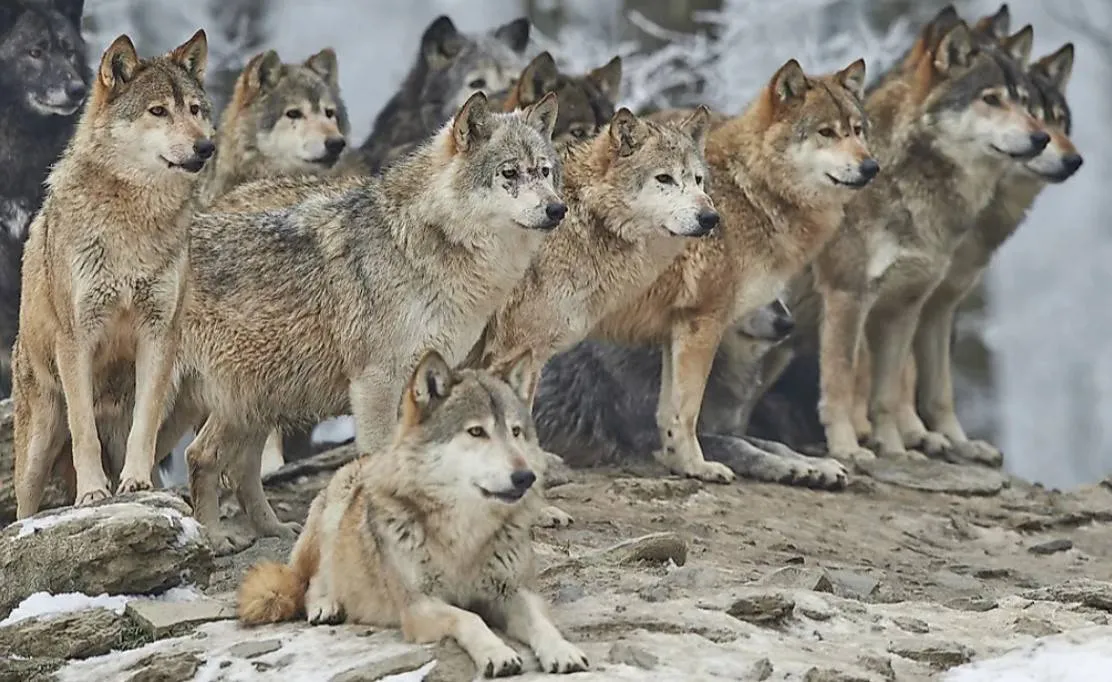Bern Convention: EU will propose changing the conservation status of wolves
Istanbul, September 26 (Hibya) - The EU Council adopted a decision to submit a proposal to the 44th meeting of the Standing Committee of the Bern Convention to change the conservation status of wolves from "fauna species of strictly protected status" to "fauna species of conservation concern. "
According to a statement from the EU Council on Thursday, the Standing Committee is responsible for assessing species' conservation status and will meet in December 2024.
‘The proposed amendment will ensure a favourable conservation status for all wolf populations in the EU, while providing greater flexibility in addressing the socio-economic challenges arising from the continued expansion of the wolf's range in Europe,’ the statement said:
‘The wolf is currently listed as a strictly protected species. Parties to the Convention must take the necessary measures to protect the wolf. The wolf's conservation status has shown a positive trend over the last few decades.
‘This continued expansion has led to socio-economic challenges, particularly about coexistence with human activities and damage to livestock. According to the latest data from Member States, wolves are estimated to kill at least 65,500 head of livestock in the EU each year.’
According to the statement, the Commission will submit the proposal to the Bern Convention secretariat. Two-thirds of the signatory countries must accept any amendments to the Berne Convention. Amendments to the annexes enter into force three months after adoption.
The Berne Convention, adopted in 1979 and entered into force in 1982, is an international agreement under the auspices of the Council of Europe. It aims to protect and conserve wild plant and animal species and their natural habitats.
To this end, the convention imposes legal obligations on the signatory countries and protects more than 500 wild plant species and more than 1,000 wild animal species. The Convention's decision-making body, the Standing Committee, meets every year in Strasbourg. The EU and its Member States are parties to the Bern Convention.
British News Agency

















